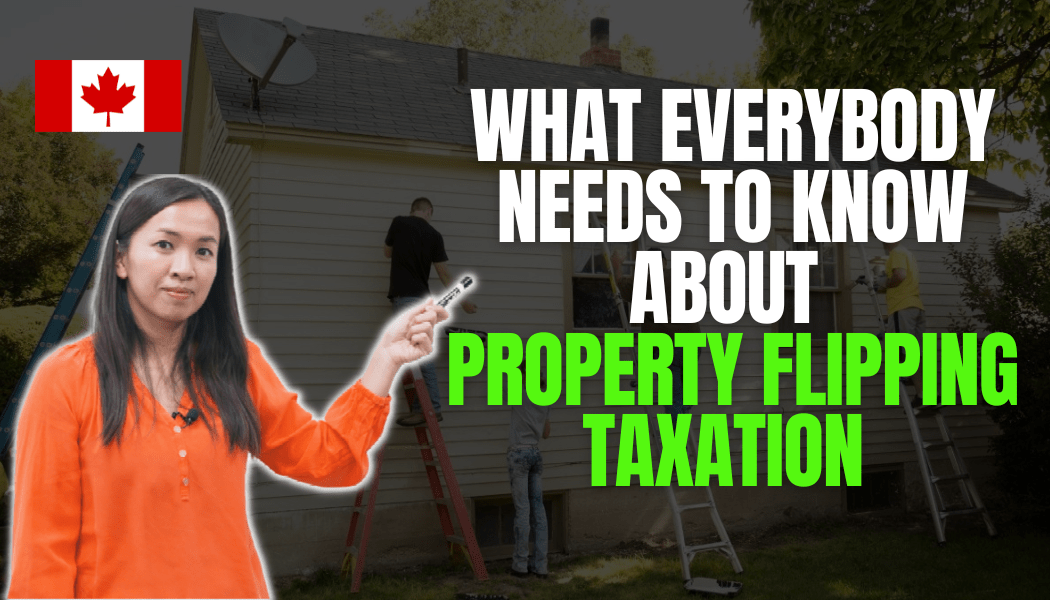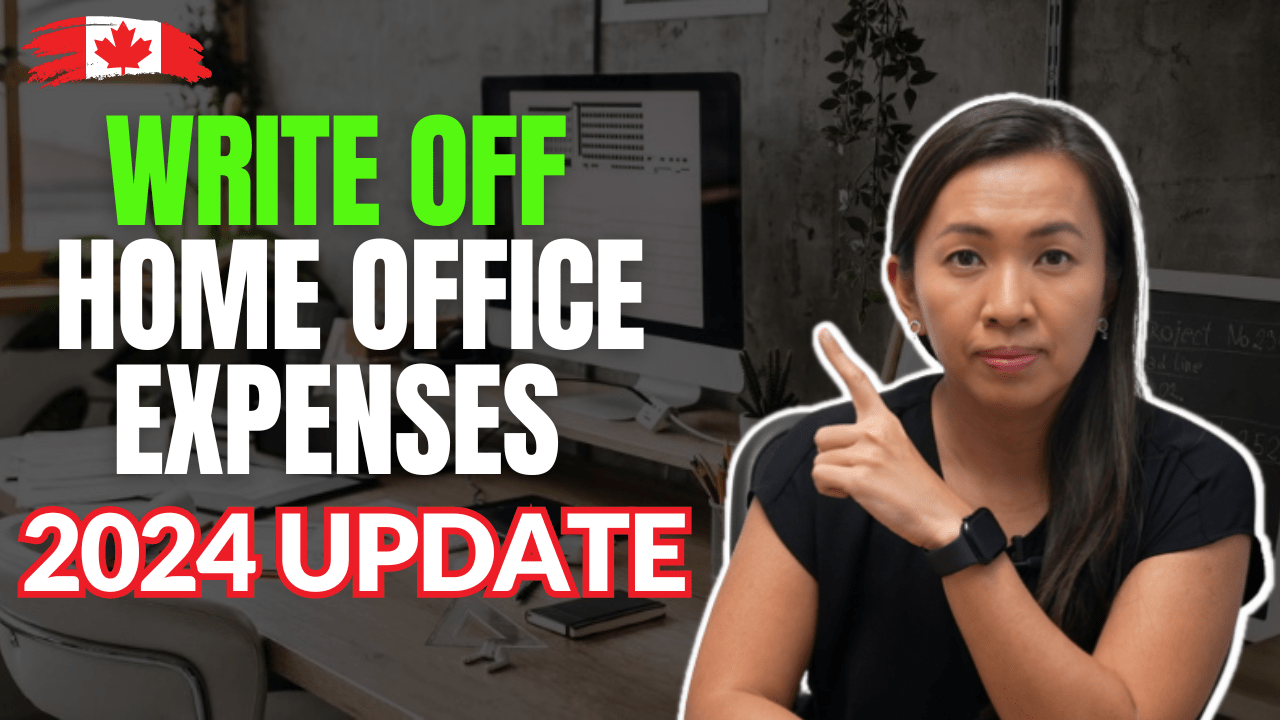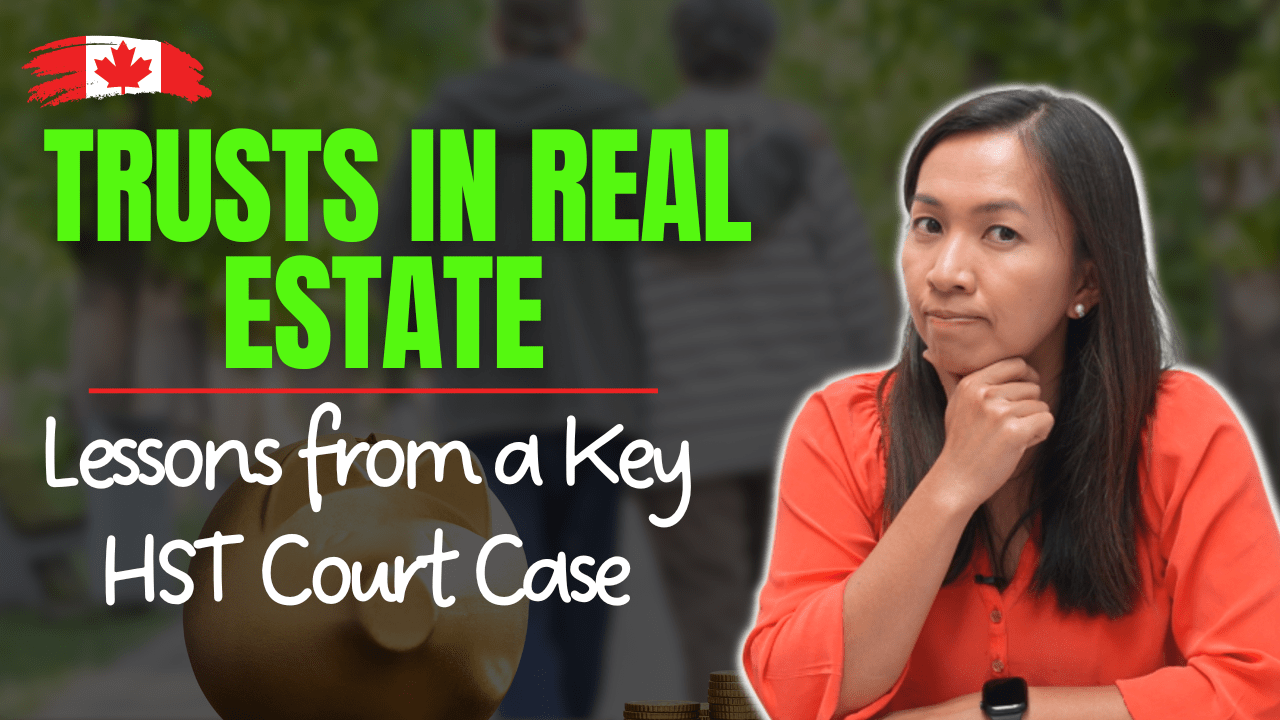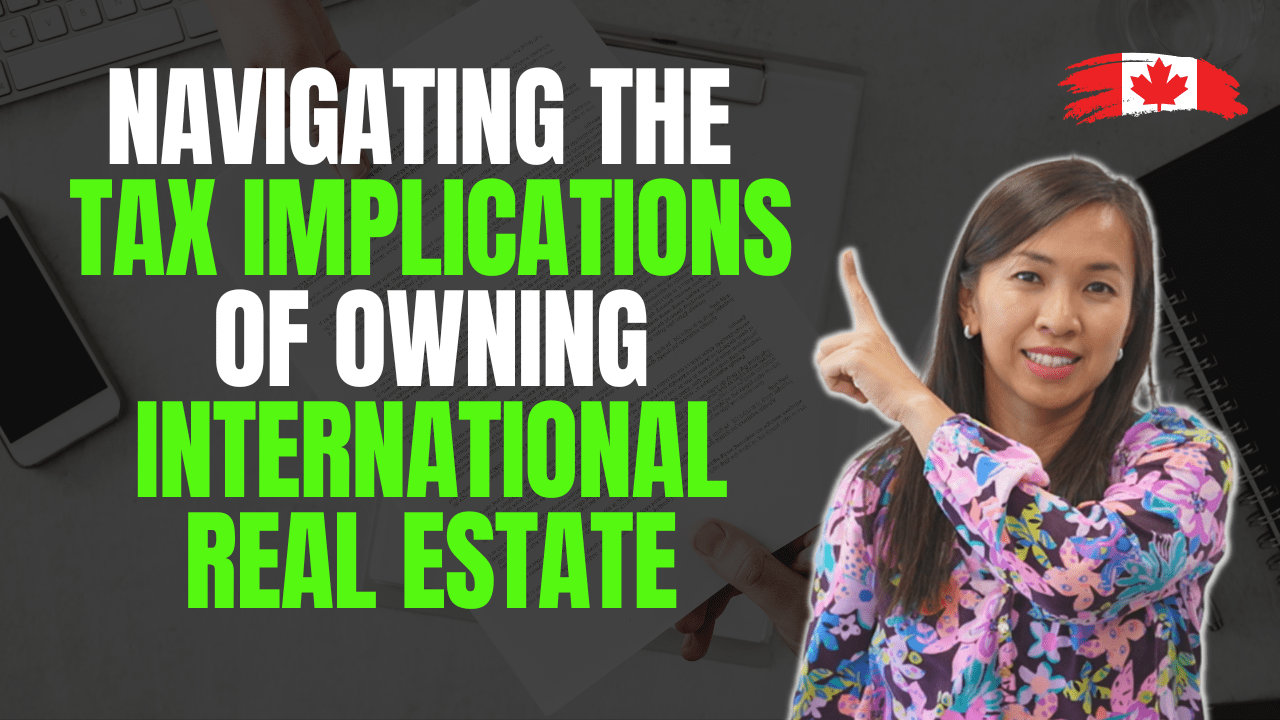Home flipping has become a very attractive business opportunity for a lot of real estate investors. However, those new to property flipping might end up confused with the different tax regulations and laws they need to follow and could even be fined.
CRA has audited and assessed 41 cases in flipping cases in BC from April 2015 to January 2016.
Only 13 of those cases were completed. A $750,000 gross negligence penalty had been imposed according to the article.
Gross negligence penalty is equivalent to 50% of the understated tax. If you are assessed for $500,000 tax payable, gross negligence penalty is equivalent to $250,000, equivalent to a total tax bill of $750,000.
So out of the 13 cases completed by CRA over the last 10 months, $750,000 gross negligence is equivalent to a tax payable of $1.5M, and $2.25M total tax bill!
Wow, that’s $173K per case on average! We are talking about a lot of money here!
Let’s use a very typical example here.
Say, John bought an older small bungalow on a big piece of lot, he tore it down, built a brand new mansion on it, moved into the property for a few months and later sold it for a quick profit. Because he designated this place as his principal residence, he did not report any income on the sale.
One of the criteria to claim principal residence exemption on a particular house is that the house must be held as a capital property. To a certain extent, this means that John cannot have a trading motive on the house when he built his dream home.
Unfortunately, trading motive is subjective.
Both CRA and the court look at the following criteria to decide whether John’s home is a capital property:
- Frequency of transactions
If John has a history of buying houses, tearing them down, moving in for a few months and selling them for a large profit, the evidence support John’s motive of trading and hence the transaction should be reported as income.
- Duration of ownership
Recently, I attended a professional development course taught by a tax lawyer. One of the recent CRA audit initiatives is to go after home owners who live in their homes for less than a year.
In my example above, John only lives in the house for a few months. This definitely puts him in the higher risk category.
- Real estate knowledge
If John is a licensed realtor, or a contractor, or a property manager, or in any professions that are directly related to real estate, chances are, based on the current audit initiatives, CRA assesses this transaction as business income.
The argument is that if you have market insider knowledge, you are more likely to take advantage of market knowledge and make quick profit on the transaction.
- Does the transaction form a part of the taxpayer’s ordinary business?
This goes hand in hand with the previous point. If John is a contractor, it’s more likely that CRA will argue that the transaction form a part of John’s ordinary business and hence should be reported as income.
- Did the taxpayer put in advertising effort or work to actively market the property like an active dealer would do?
In this case, John actually tore the house down and rebuilt a new one. This is similar to what a dealer would do and increase the chance of CRA would disallow the principal residence exemption.
- What’s the secondary intention of the taxpayer?
John’s primary intention is to build his dream home for his family. He may also have a secondary intention that if the market does well, he will turn it into a quick flip. With that secondary intention, CRA would also challenge John and rule that the property is intended as a business inventory, not a capital property.
Generally speaking, flipping houses is considered operating a business and should be reported as such.
However, you can always lower your income taxes by putting your flipping businesses in a corporation.
Until next time, happy Canadian Real Estate Investing.
Cherry Chan, CPA, CA
Your Real Estate Accountant






OandaRogers
They should put in strict measures to apprehend those people who are not paying taxes. We need to find the right way to punish those people as we are paying for their mistakes.